
Teaching Segregation and Inequality in Housing and Education
Reading by Emilye Crosby
In recent years, there has been an outpouring of wonderful work documenting the structural basis of housing and educational segregation and inequality. This list of materials supplements the resources provided as part of Emilye Crosby’s “A Documents-Based Lesson on the Voting Rights Act: A Case Study of SNCC’s Work in Lowndes County and the Emergence of Black Power.”
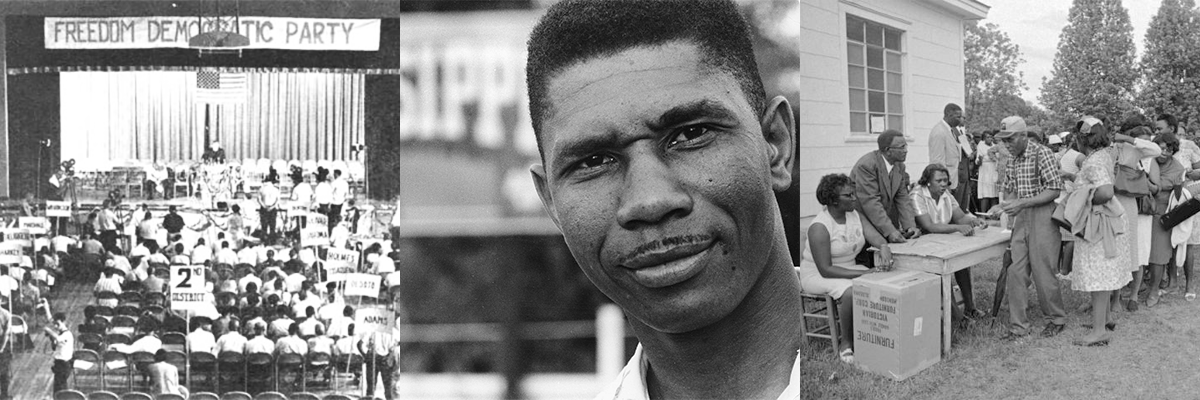
A Documents-Based Lesson on the Voting Rights Act
Lesson by Emilye Crosby
This lesson uses a case study of Lowndes County, Alabama and three SNCC-related documents from the early 1960s—just before and after the Voting Rights Act—to explore the impact of the Voting Rights Act (and 1964 Civil Rights Act) on every day southern Black citizens: What did the legislation mean to them? Did they achieve their goals?
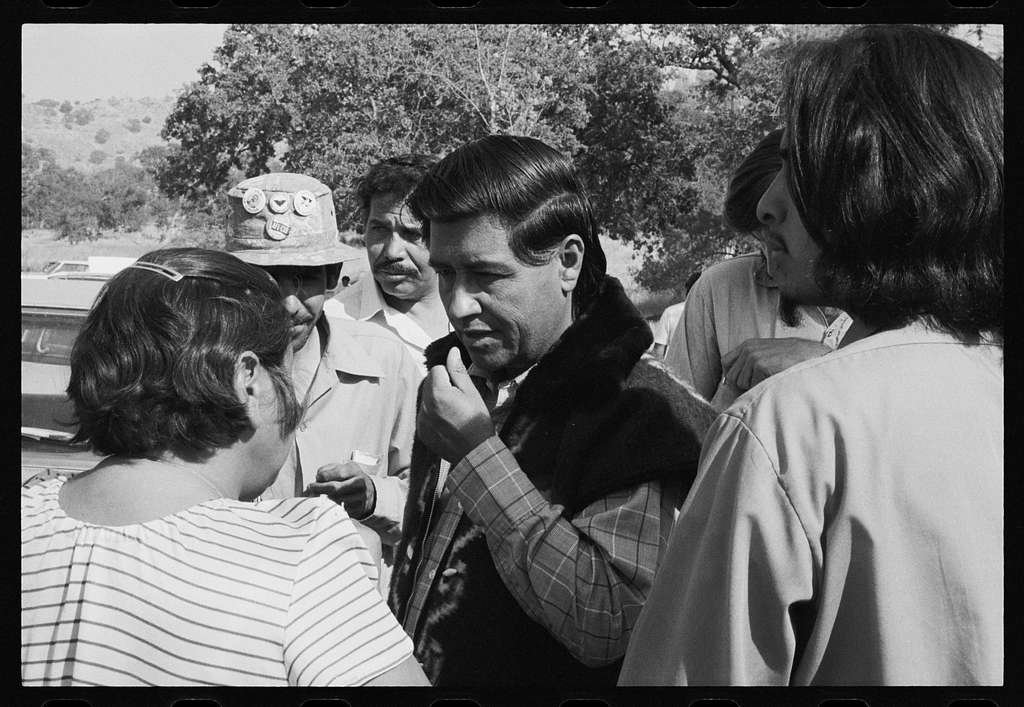
César Chávez on How It Began
Interview with César Chávez by Luis Torres
In an interview just before his death in 1993, César Chávez related the story of how the fledgling National Farm Worker Association (NFWA) union became involved with Filipino workers belonging to the Agricultural Workers Organizing Committee and the strike against major grape growers.
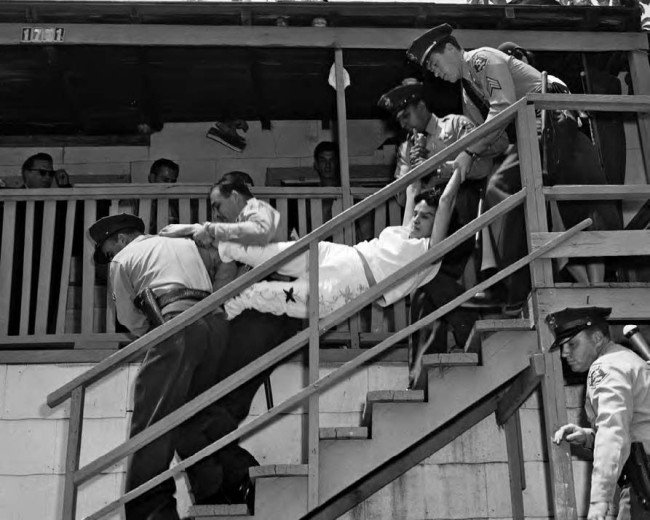
Stealing Home: Eminent Domain, Urban Renewal, and the Loss of Community
Lesson by Linda Christensen
Teaching about patterns of displacement and wealth inequality through the history of Chávez Ravine and the building of Dodger Stadium.
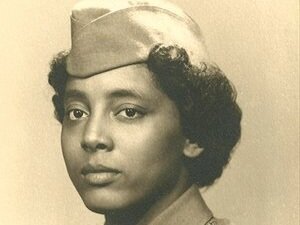
Sarah Louise Keys
Reading by Deborah Menkart
The story of Pfc. Sarah Louise Keys, who refused to relinquish her seat to a white Marine and move to the back of the bus as she traveled from Fort Dix, N.J. to her family’s home in Washington, NC. The driver emptied the bus, directed the other passengers to another vehicle, and barred Keys from boarding it.
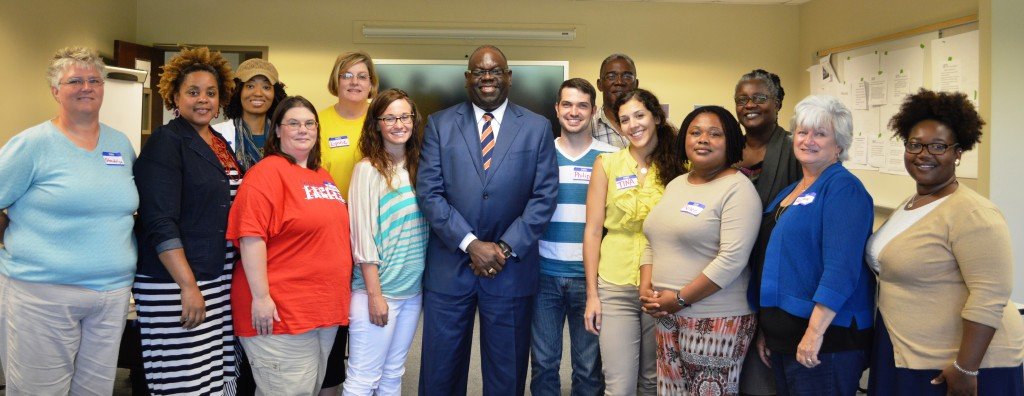
Judge Carlton Reeves Offers a Lesson in History
Reading by Carlton Reeves
In February 2015, U.S. District Judge Carlton W. Reeves read a powerful statement to three young white men before sentencing them for the death of a 48-year-old Black man named James Craig Anderson in Jackson, Mississippi in 2011. He addressed the history of lynching, his vision for Mississippi, and questions of justice.
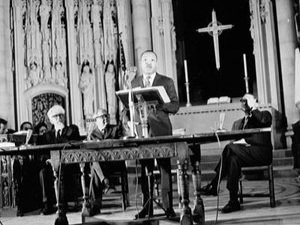
Beyond Vietnam — A Time to Break Silence
Reading by Martin Luther King Jr.
On April 4, 1967, exactly one year before his assassination, Martin Luther King Jr. delivered his first major speech on the war in Vietnam. In this speech he links the escalating U.S. commitment to the war in Vietnam war with its abandonment of the commitment to social justice at home. He calls for a “shift from a ‘thing-oriented’ society to a ‘person-oriented’ society” and for us to “struggle for a new world.”

Bravery in Little Rock History Dilemma
Lesson by Chris Seeger
In this lesson, students consider what they would do if they were a white student at at an all-white high school in Little Rock, Arkansas when it is ordered to desegregate and you see a Black student being harassed.

A Brief History of Black Cooperatives in the United States
Interview of Dr. Jessica Gordon Nembhard By Mira Luna
For as long as there have been Africans in America, there have been examples of Black social, cultural and economic solidarity. Often formed in response to systemic exclusion and economic stagnation, examples range from mutual aid networks, to freedom farms and grocery cooperatives.
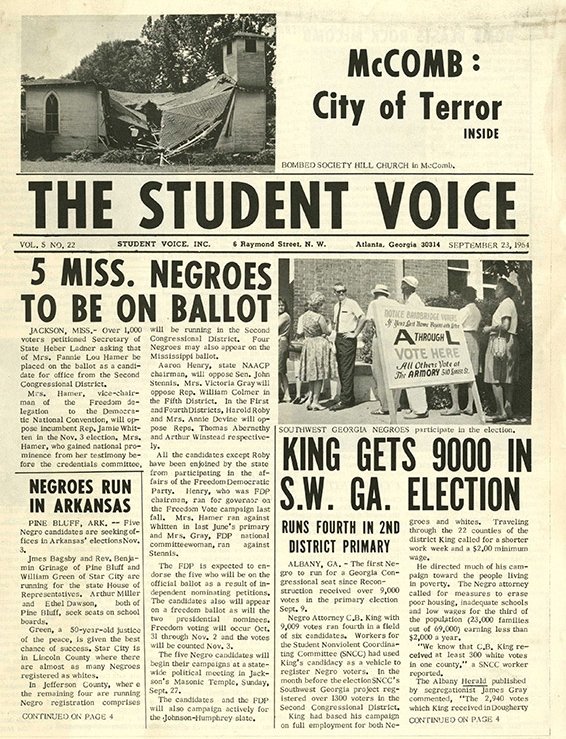
History Detectives: Voting Rights in Mississippi, 1964
Lesson by Deborah Menkart and Jenice L. View
This lesson introduced students to the history, strategies, and challenges facing by people in Mississippi in their struggle for voting rights in the early 1960s.

American Exported Black Nationalism
Reading by Yohuru R. Williams
This essay explores how SNCC and the Black Panther Party contributed to the concept of a worldwide freedom struggle in the late 1960s and how their efforts were received abroad.
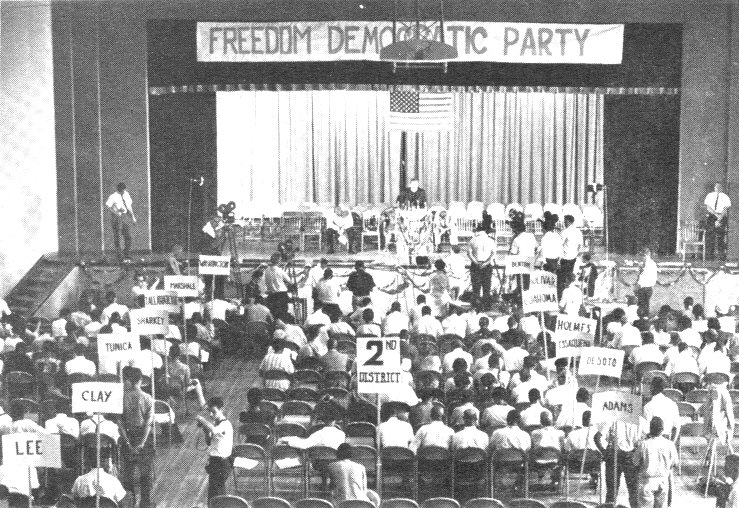
Sharecroppers Challenge U.S. Apartheid
Lesson by Sara Evers, Julian Hipkins III, Deborah Menkart, and Jenice L. View
This lesson explores one of the most important events in the fight for true democracy in the U.S., when a coalition of grassroots activists challenged the Mississippi political system, the federal government, and the national Democratic Party to abide by the U.S. Constitution.
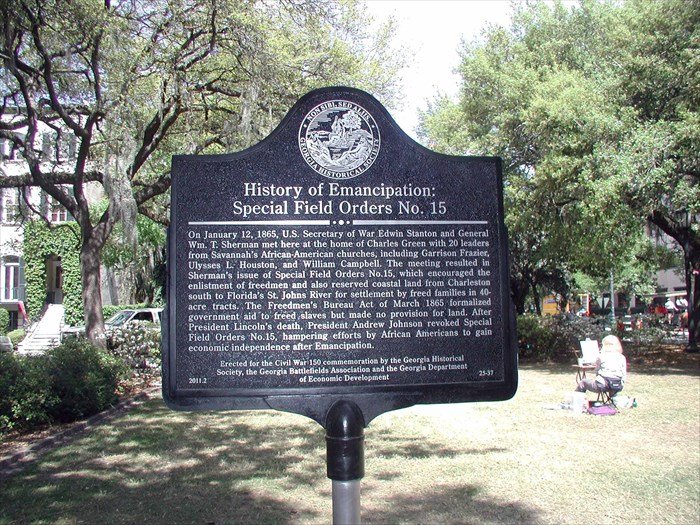
Significant Dates on Black Land Loss and Land Acquisition
Timeline by Federation of Southern Cooperatives Land Assistance Fund with additions from Teaching for Change
A timeline of significant dates.
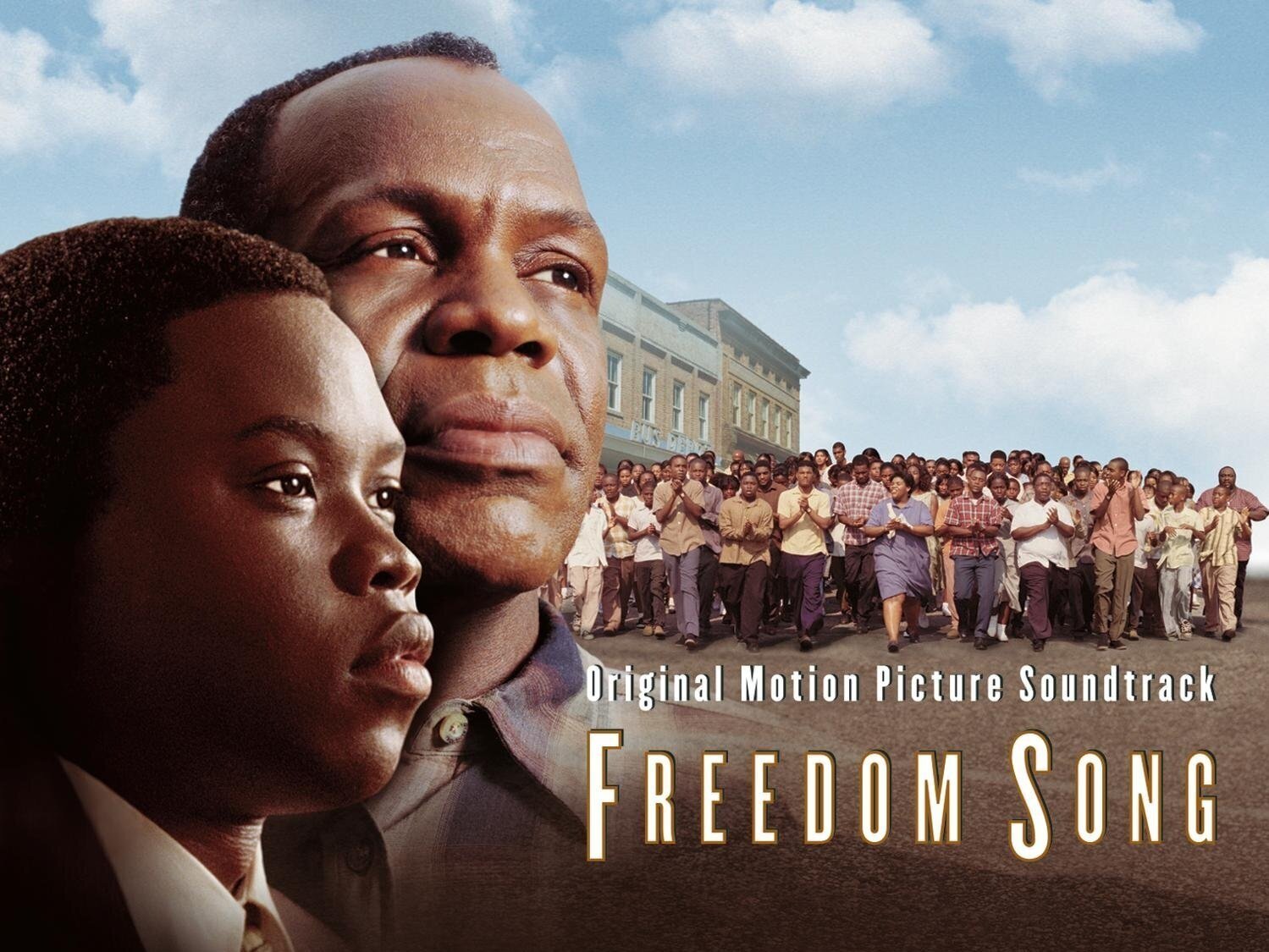
Freedom Song: Tactics for Transformation
Lesson by Alana Murray
Freedom Song is by far one of the best films for secondary students about the Civil Rights Movement. Aimed primarily at secondary students, this lesson seeks to provide students with the critical viewing skills needed to analyze the complex interplay between oppression and resistance in the Civil Rights Movement.
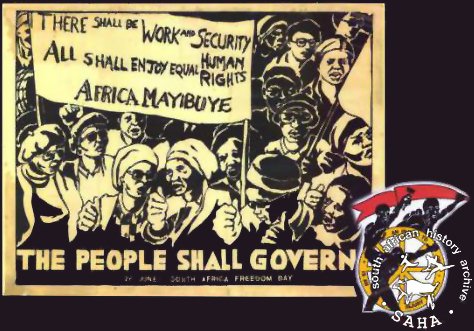
South African Unions Struggle for Justice
Lesson by Bill Bigelow
The South African anti-apartheid movement is often mischaracterized in the U.S. as simply a fight for political rights, culminating in the election of Nelson Mandela as the country’s first freely chosen president. However, Black unions linked their political objectives for an end to racial oppression to their campaigns for higher wages and better working conditions. This lesson invites students to imagine themselves as Black union activists at the height of the anti-apartheid movement in the 1980s and poses them problems that confronted real-life organizers at the time.

The Great Land Robbery: The shameful story of how 1 million black families have been ripped from their farms
Reading by Vann R. Newkirk II
A war waged by deed of title has dispossessed 98 percent of black agricultural landowners in America. Through a variety of means—sometimes legal, often coercive, in many cases legal and coercive, occasionally violent—farmland owned by black people came into the hands of white people. It was aggregated into larger holdings, then aggregated again, eventually attracting the interest of Wall Street.

African Americans Have Lost Untold Acres of Land Over the Last Century: An obscure legal loophole is often to blame
Reading by Leah Douglas
In the years following the Civil War, formerly enslaved people and their descendants accumulated roughly 15 million acres of land, roughly 14 percent of all farms in the U.S. Today, African Americans compose less than 2 percent of the nation’s farmers and 1 percent of rural landowners.
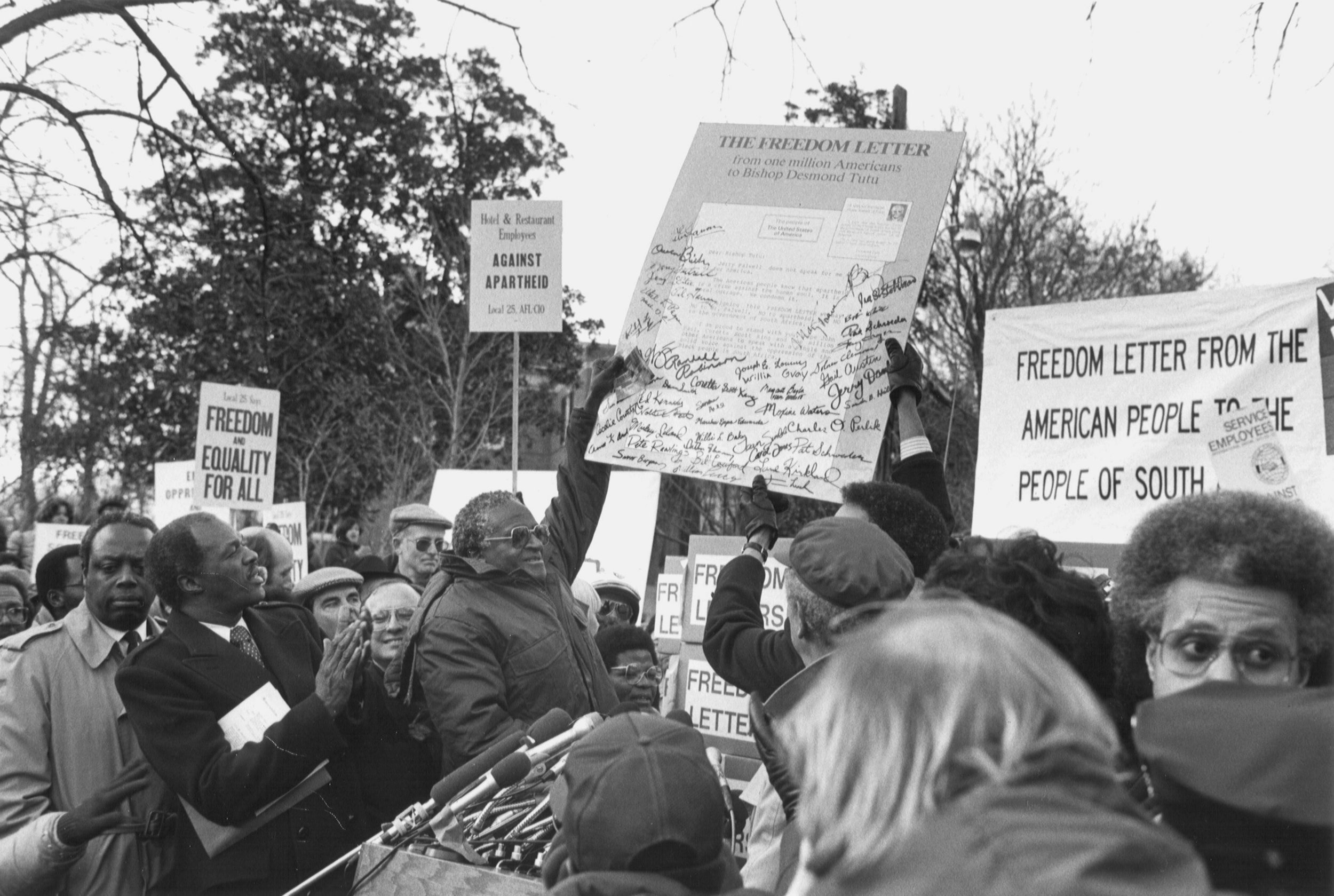
Movers and Movements: Fighting for Social Justice in South Africa
Lesson by Brenda Randolph
A mixer to help students understand that the freedom struggle in South Africa was a collective effort involving multiple strategies in the context of a larger movement.

“Intolerable Conditions”: Teaching About Northern Racism Through Rosa Parks’s Detroit
Lesson by Say Burgin, Jeanne Theoharis, and Ursula Wolfe-Rocca
Students learn to “talk back” to official accounts of the Detroit Uprising of 1967 by focusing on its root causes. They also get a fuller sense of Rosa Parks’s life and politics, and the Black freedom struggle outside of the South.
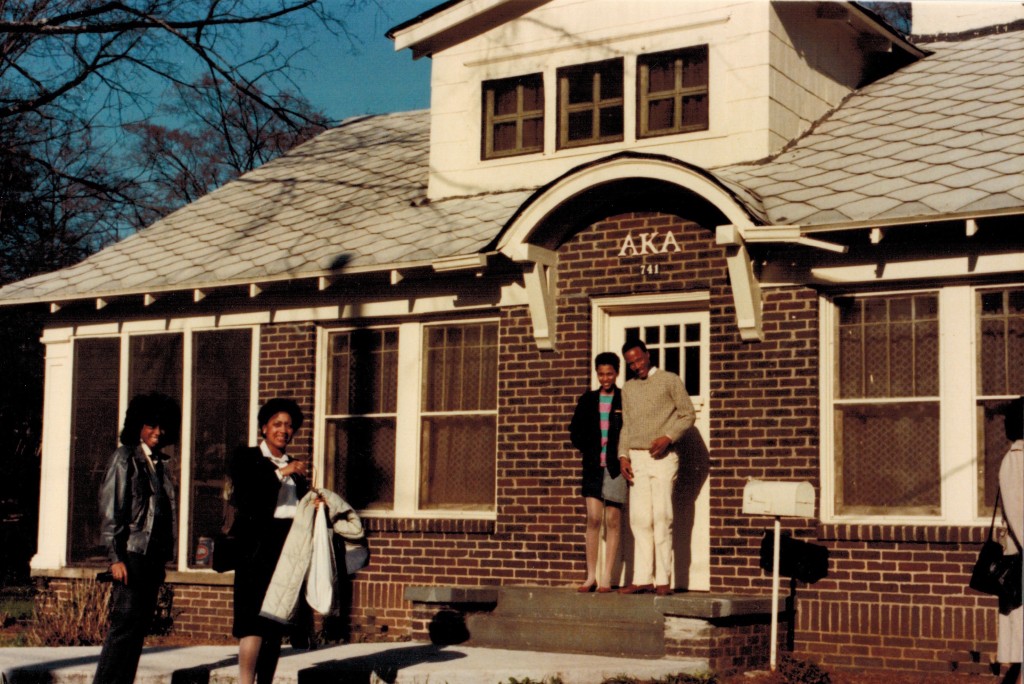
Cross Burning Threatens Black Sorority at Georgia Tech in 1985
Reading by Janine Gomez
A teacher shares memories of a cross burned on her sorority house lawn in college.
